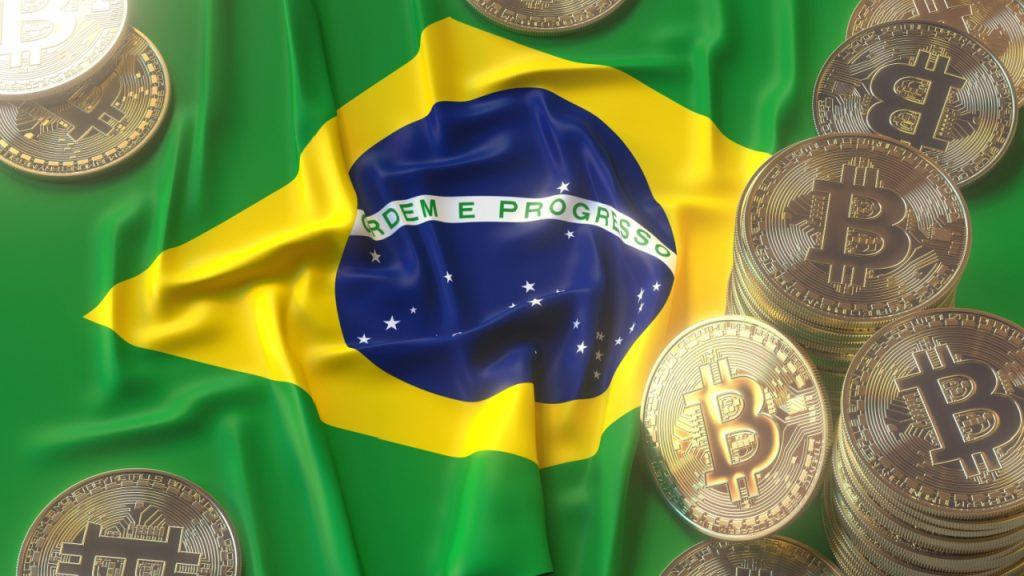A bill is being considered in Brazil’s National Congress that could change the way wages are paid in the country. Former federal deputy from Sao Paulo Luiz Phillipe has proposed a law that would allow workers to receive part of their salary in Bitcoin. The initiative is aimed at empowering citizens and developing the crypto industry in Brazil.
Key provisions of the bill
The bill envisages that workers will be able to receive up to 50% of their salary and bonuses in Bitcoin. However, this is not a mandatory requirement, but an additional option available upon agreement between the employee and employer. Each employee will be able to choose whether to use this payment method and in what amount, as well as refuse it at any time.
In order to maintain the stability of the national currency, the bill requires employers to pay at least half of the salary in Brazilian reals. However, this rule may not apply to freelancers, the self-employed, and expats working in Brazil, since they are not bound by strict rules on income payment.
Possible consequences and prospects
Luis Filipe believes that his initiative can help transform Brazil into a leading hub for digital assets, attracting international investment and promoting financial innovation. The introduction of such a payment system can simplify citizens’ access to crypto assets, increase financial literacy of the population and stimulate the development of the digital currency market.
However, in order for the bill to come into force, it must go through several stages of consideration. Initially, it will be discussed at a plenary session of the Chamber of Deputies. If approved by a majority vote, the document will be sent to the Senate, which will make the final decision.
Interest in cryptocurrencies in Latin America
According to a study by the Bitso crypto exchange, residents of Latin America are actively using digital assets, especially stablecoins USDC and USDT. High inflation and devaluation of national currencies lead to the fact that many citizens consider cryptocurrencies as a means of protecting their savings.
If the bill is adopted, Brazil will be able to not only strengthen its position in the world of digital assets, but also provide citizens with new financial instruments that can protect their income from depreciation. The introduction of Bitcoin as a partial payment method could be an important step towards further integrating the country into the global crypto market.

New KYC Rules in India: Crypto Exchanges Tighten Scrutiny

Cryptocurrency Licensing in the UK: New Rules and Deadlines

Global Implementation of the CARF Standard: New Requirements for Crypto Services



